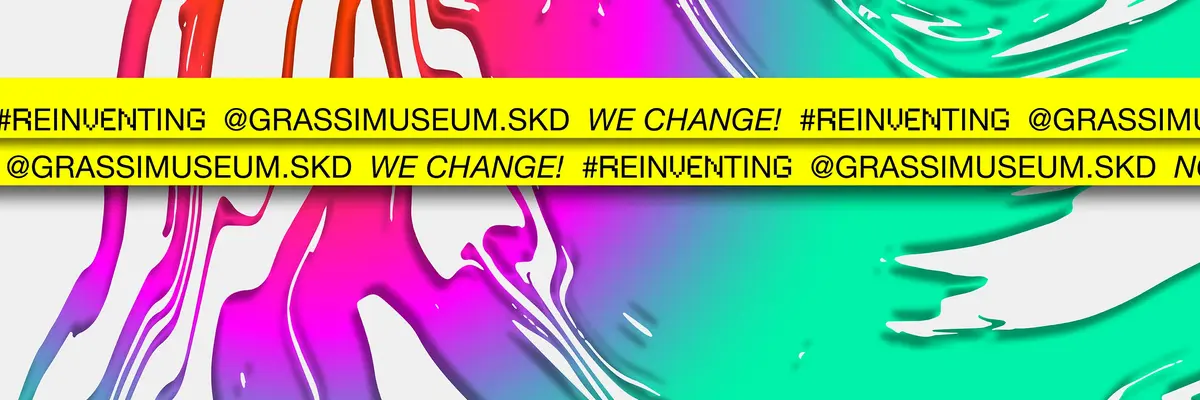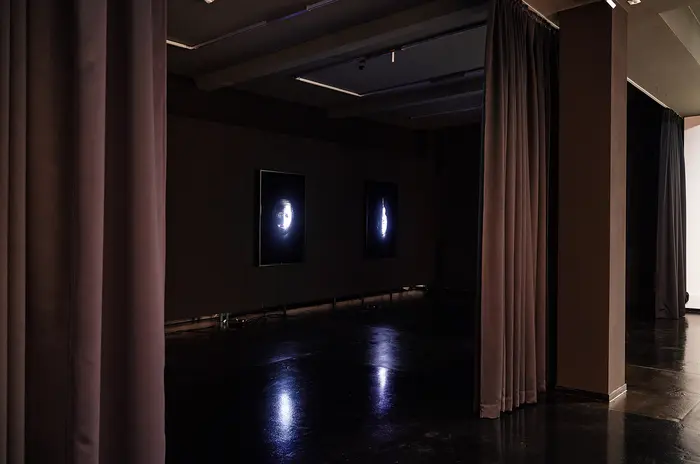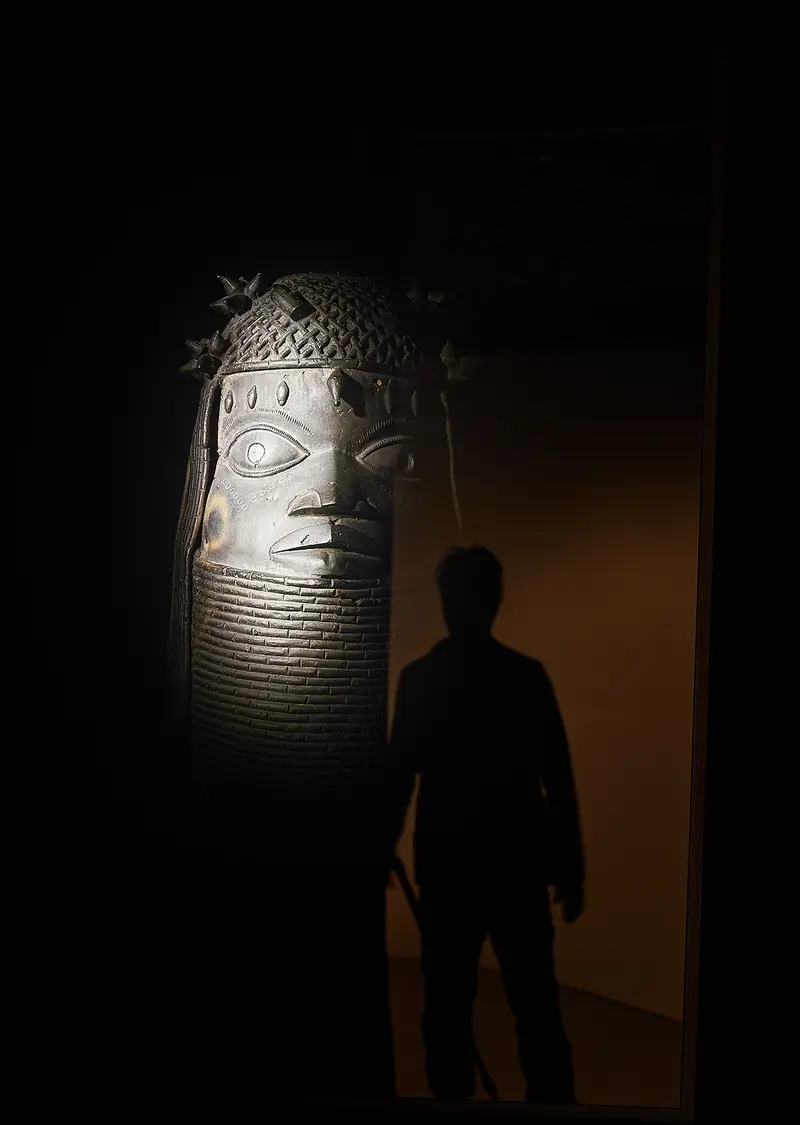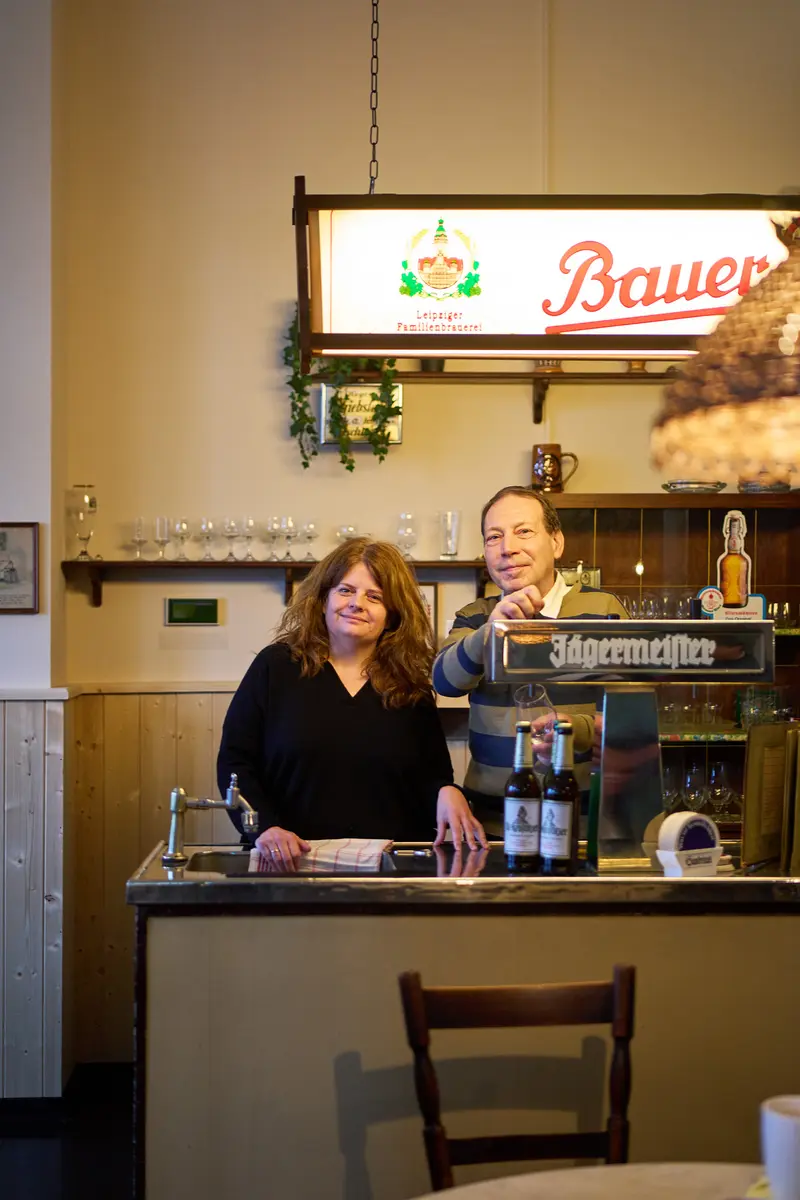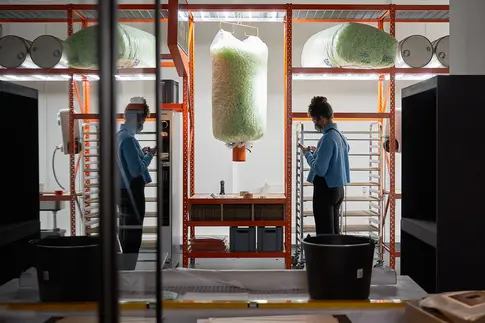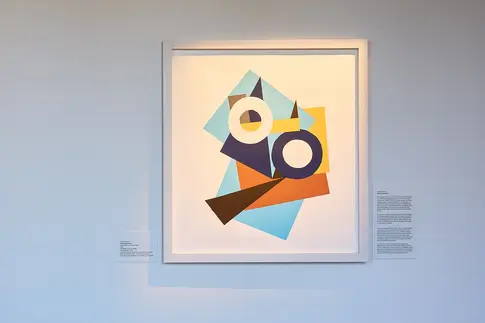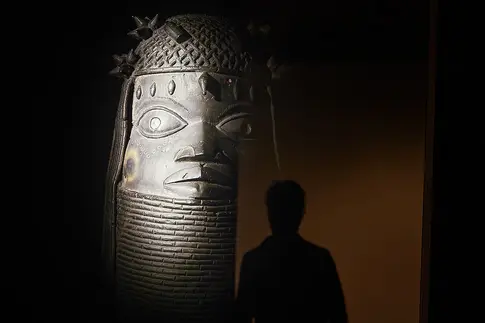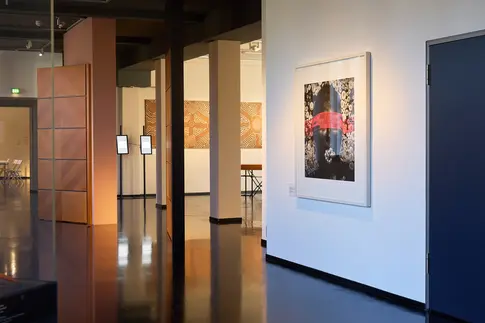The Staatliche Kunstsammlungen Dresden uses cookies to provide you with an optimal website
experience. These primarily include cookies that are necessary for the operation of the website.
Click on "Accept all" to accept all cookies. You can change and revoke your consent at any time.
For this purpose, the "Change cookie settings" button is available at the bottom of the page.
Functional cookies will continue to be executed even without your consent.
If you would like to adjust the cookies used, you can reach the settings via the "Select" button.
You can find more information under
Privacy
or
Imprint.
On this page you can select and deselect individual cookie categories. Functional cookies are
also set without your consent, as they are essential for the technical operation of this site.
Please note that based on your settings, not all functions of the site may be available.
You can find more information under
Privacy
or
Imprint.
